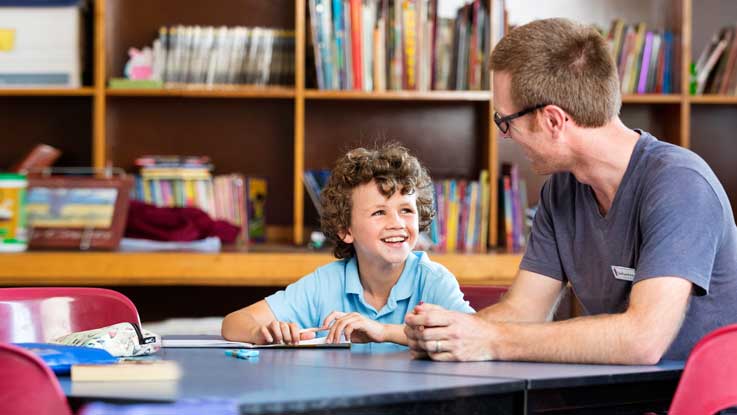In the intricate tapestry of family life, the development of emotional intelligence and social skills is as crucial as academic achievement. This article delves into the pivotal role of family education in fostering emotional intelligence and social skills, highlighting the impact on individual well-being and the foundation it lays for successful interactions in the broader world.
Understanding Emotional Intelligence:

- Definition and Components:
- Emotional intelligence involves recognizing, understanding, and managing one’s own emotions and the ability to empathize with others.
- Components include self-awareness, self-regulation, motivation, empathy, and social skills.
- The Family as an Emotional Learning Environment:
- The family serves as the primary arena for emotional experiences.
- Open communication, validation of emotions, and active listening contribute to emotional intelligence development.
Cultivating Social Skills:

- Definition and Importance:
- Social skills encompass the ability to communicate, cooperate, and navigate social situations effectively.
- These skills are vital for building healthy relationships, resolving conflicts, and thriving in diverse social environments.
- Family as the First Social Unit:
- Families provide the initial social context where children learn essential social skills.
- Sibling interactions, parent-child relationships, and family activities contribute to social skill development.
Practical Approaches in Family Education:

- Encouraging Emotional Expression:
- Create an environment where expressing emotions is welcomed and accepted.
- Teach children to identify and communicate their feelings effectively.
- Modeling Empathy and Compassion:
- Demonstrate empathy through active listening and understanding others’ perspectives.
- Engage in acts of kindness and compassion, emphasizing the importance of caring for others.
- Promoting Effective Communication:
- Teach the art of clear and respectful communication within the family.
- Discuss the impact of both verbal and non-verbal communication on relationships.
- Cooperative Learning Activities:
- Engage in cooperative family activities that require teamwork and collaboration.
- Board games, group projects, and shared responsibilities contribute to the development of social skills.
Challenges and Opportunities:

- Navigating Family Conflicts:
- Address conflicts within the family constructively, emphasizing resolution over blame.
- Teach conflict resolution skills, promoting compromise and understanding.
- External Social Influences:
- Acknowledge the influence of external factors on social development.
- Provide guidance on navigating peer relationships and societal expectations.

Conclusion: In conclusion, family education plays a pivotal role in nurturing emotional intelligence and social skills, equipping individuals with essential tools for success in personal and professional relationships. By fostering open communication, modeling empathy, and engaging in cooperative activities, families create an environment where emotional intelligence and social skills flourish. Through these intentional efforts, family becomes a dynamic training ground for the development of socially adept individuals ready to navigate the complexities of the broader world with grace and understanding.



